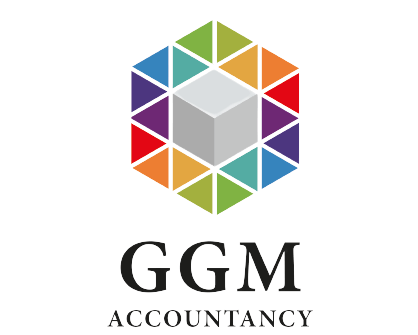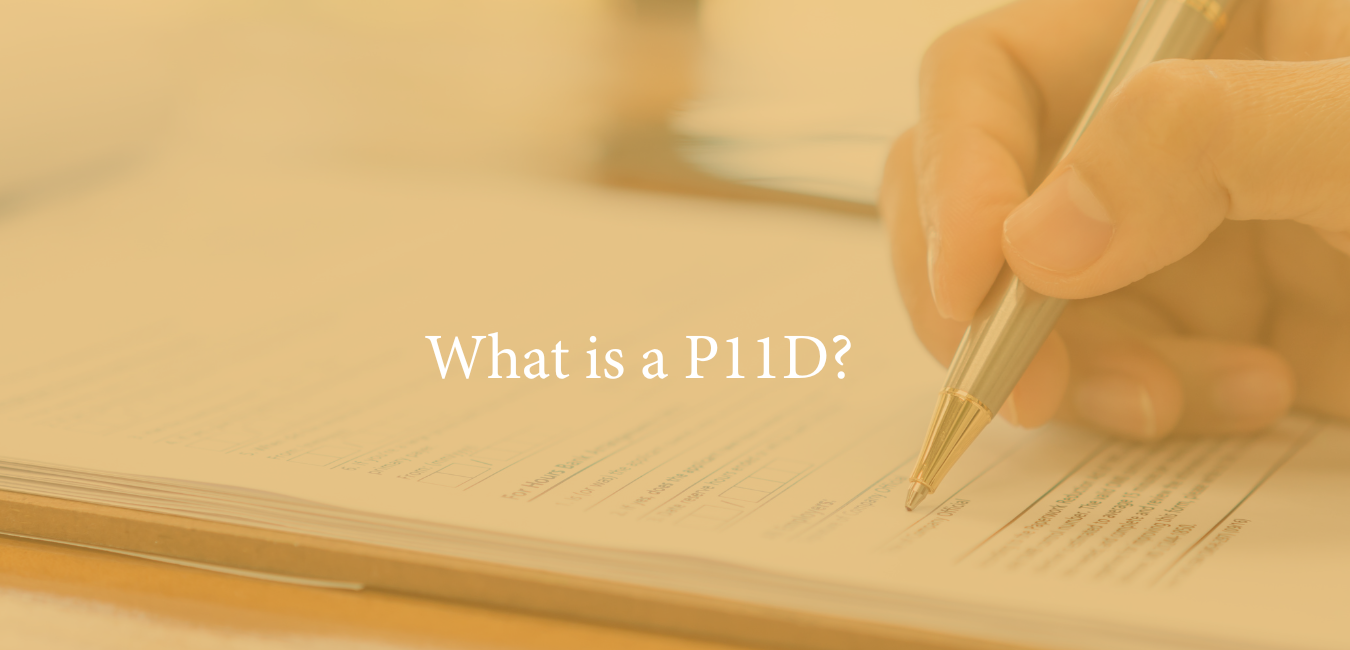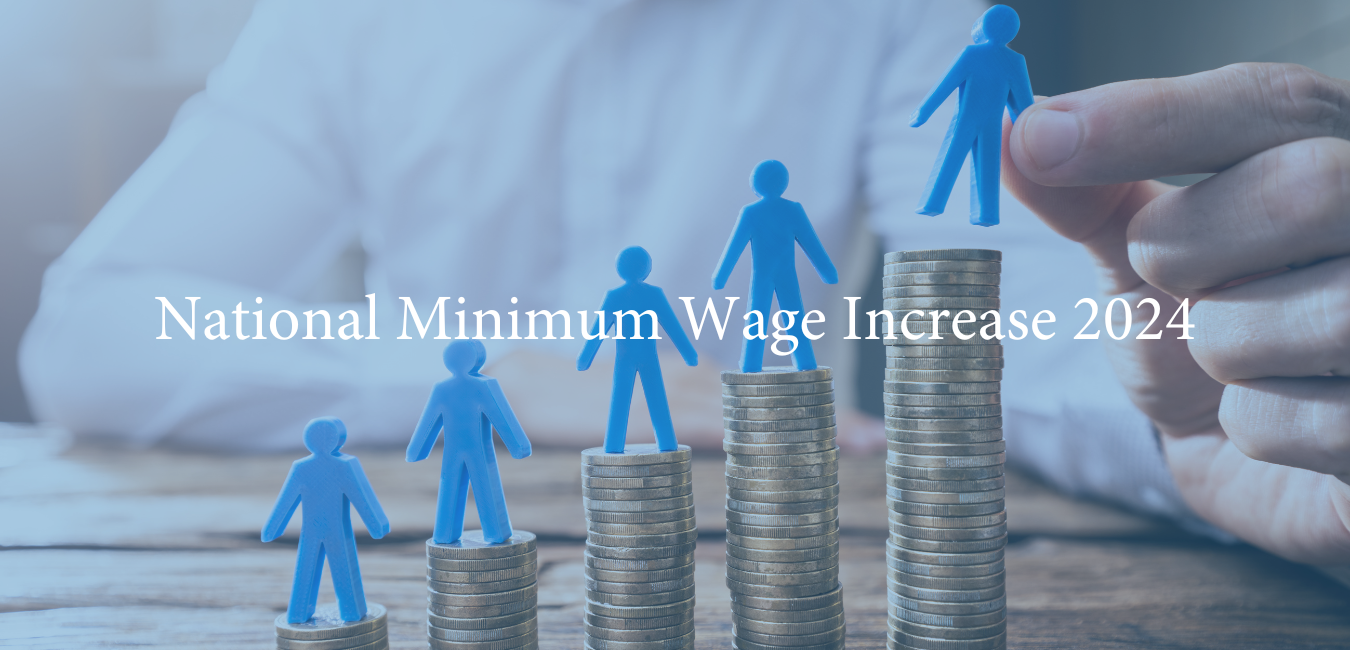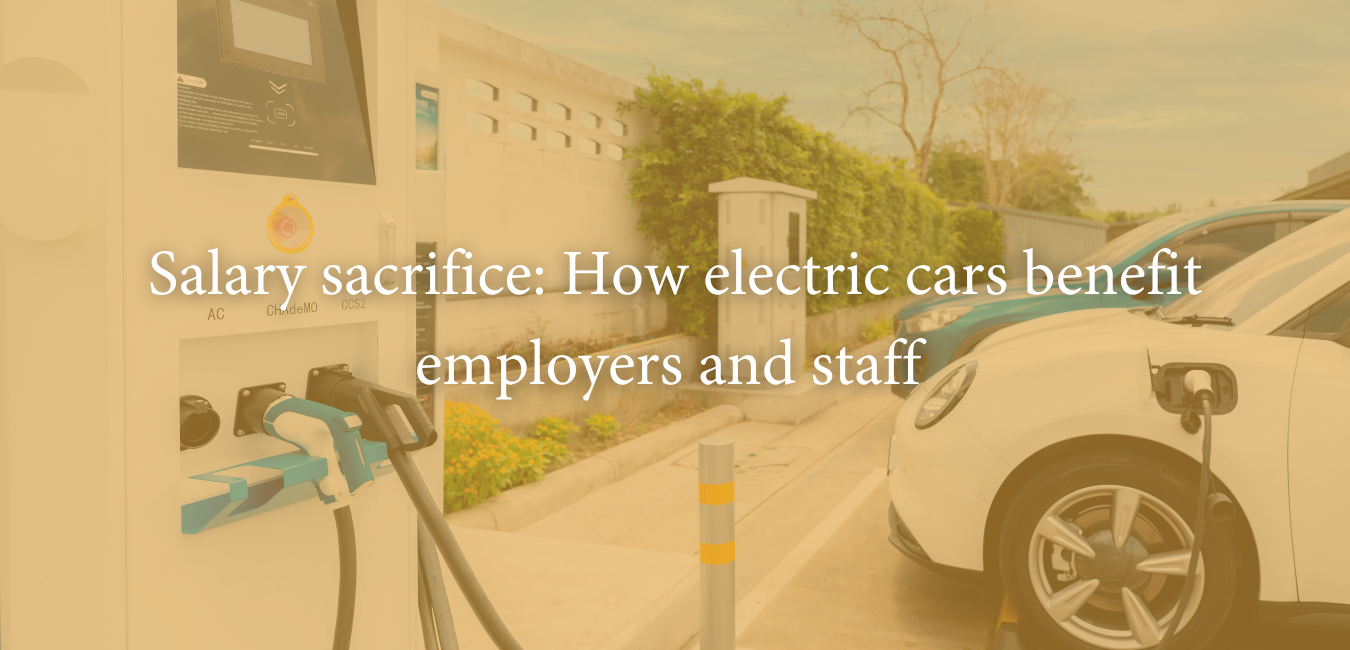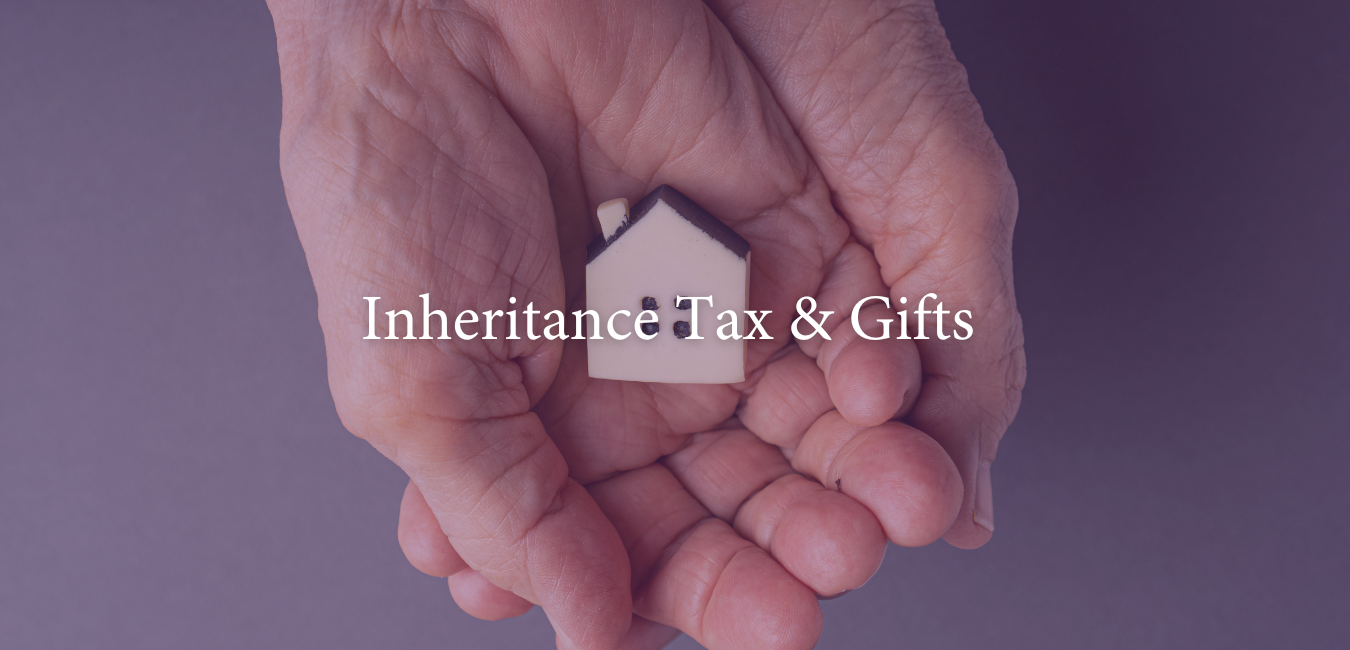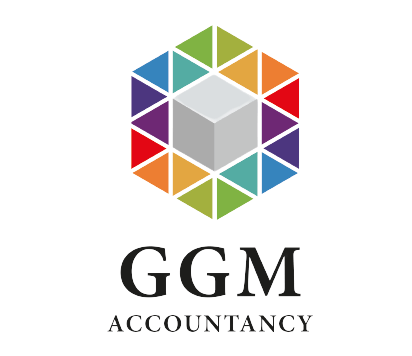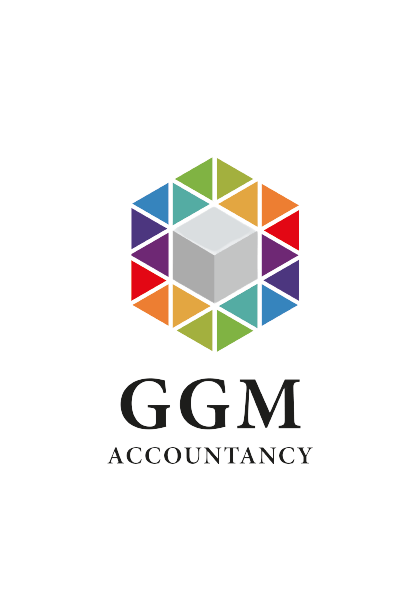What is a P11D?
What is a P11D?
A P11D form is used by an employer to report Benefits in Kind and some expenses payments to HMRC.
Benefits in Kind are items or services which you (or your employees) receive from your company in addition to your salary, such as private healthcare, interest-free loans (to pay for train season tickets, for example) and company cars.
The employer is required to provide a copy of the P11D to their employee to allow the individual to include these items in their annual Self-Assessment return.
What’s the purpose of a P11D?
A P11D is a return of the benefits you’re entitled to as part of your employment with a particular business.
For example, if your employer pays for private health insurance for you and your family as part of your contract, it’s not the case that your salary is topped up, instead, the insurance is paid by your employer directly. But the health insurance is still a part of what your employer “pays” you, and it has an equivalent cash value.
Because HMRC is interested in the total amount you earn in the year, all the benefits you get as part of your job must be declared so that their value can be taken into account. This way, HMRC can calculate how much tax you owe, even if part of your salary isn’t technically in cash.
Who needs to file a P11D?
P11Ds are filed annually by the employer and a form is required for each employee that is provided with benefits in kind.
If you have entered into a PAYE settlement agreement with HMRC, any benefits covered by the agreement are not required to be included on a P11D.
What needs to be included in a P11D?
Any items the company pays for and that the employee benefits from need to be included on the P11D form.
Expenses and benefits that need to be reported to HMRC include:
- Company cars
- Vans provided for private use
- Private fuel
- Loans for rail season tickets
- Other loans
- Health insurance
- Self Assessment fees paid by the company
- Non-business travel expenses
- Non-business entertainment expenses
- Vouchers or credit cards where your company pays this bill.
- Relocation allowance: If your employer helped you with the cost of moving house when you first started working.
- Services supplied: For example, if you choose to buy something your company provides at a reduced rate. This discount also counts as a benefit.
Do I need to do a tax return if I have a P11D?
Although your benefit has been reported to HMRC and you are likely to have paid some or all the tax due on it, you will still be required to enter the details from your P11D onto your self-assessment tax return.
If you only earn through PAYE, you may not have to self-assess your taxes, even if you have additional benefits. The P11D is often enough.
Please note, always best to check with HMRC to determine if you need to complete your tax return. You can also use this tool on gov.uk to find out.
When do I need to file a P11D?
P11D forms need to be submitted by July 6th following the end of the tax year together with the declaration on form P11D(b).
So, if you need to complete a P11D for benefits you received during the 2022/23 tax year, you’ll have three months after the end of the tax year (5th April 2023) to submit the form before 6th July 2023.
P11D’s for the tax year from 6th April 2023 to 5th April 2024 must be filed by 6th July 2024.
Who is responsible for filing a P11D?
A business needs to complete and submit a P11D form for each ‘relevant employee’ or company director who has received any benefits in kind during the financial year, in addition to their salary.
How do I submit the P11D and P11D(b)?
P11D information can be sent to HMRC using commercial software or via either HMRC’s PAYE online service or its Online End of Year Expenses and Benefits services.
P11D penalties for late filing
There are penalties if you do not make returns or if you submit incorrect returns on P11D and P11D(b), either carelessly or deliberately.
The return date for P11D and P11D(b) for 2022 to 2023 is 6 July 2023. You’ll get a penalty of £100 per 50 employees for each month or part month your P11D(b) is late.
The employer also has to pay class 1A on the cash equivalent of the benefits in kind provided and this is due for payment by 19 July annually. You’ll also be charged penalties and interest if you’re late paying HM Revenue and Customs.
We can help!
If you require any advice or guidance on submitting your P11D, please contact us 01733 247 500 or email admin@ggmaccountancy.co.uk
Menu
Get In Touch
Tel: 01733 247500
Email: admin@ggmaccountancy.co.uk
Office: Unit 12, Broadway Shopping Centre
Malting Square, Yaxley, Peterborough
PE7 3JJ
Sign Up To Our Newsletter
Contact Us
We will get back to you as soon as possible
Please try again later
Proud Partners Of
Menu
Get In Touch
Tel: 01733 247500
Email: admin@ggmaccountancy.co.uk
Office: 42 Tyndall Court, Commerce Road
Lynch Wood, Peterborough, PE2 6LR
Follow Us On Social Media
Sign Up To Our Newsletter
Contact Us
We will get back to you as soon as possible
Please try again later
All Rights Reserved | GGM Accountancy Ltd | Website designed by Onelink Media
